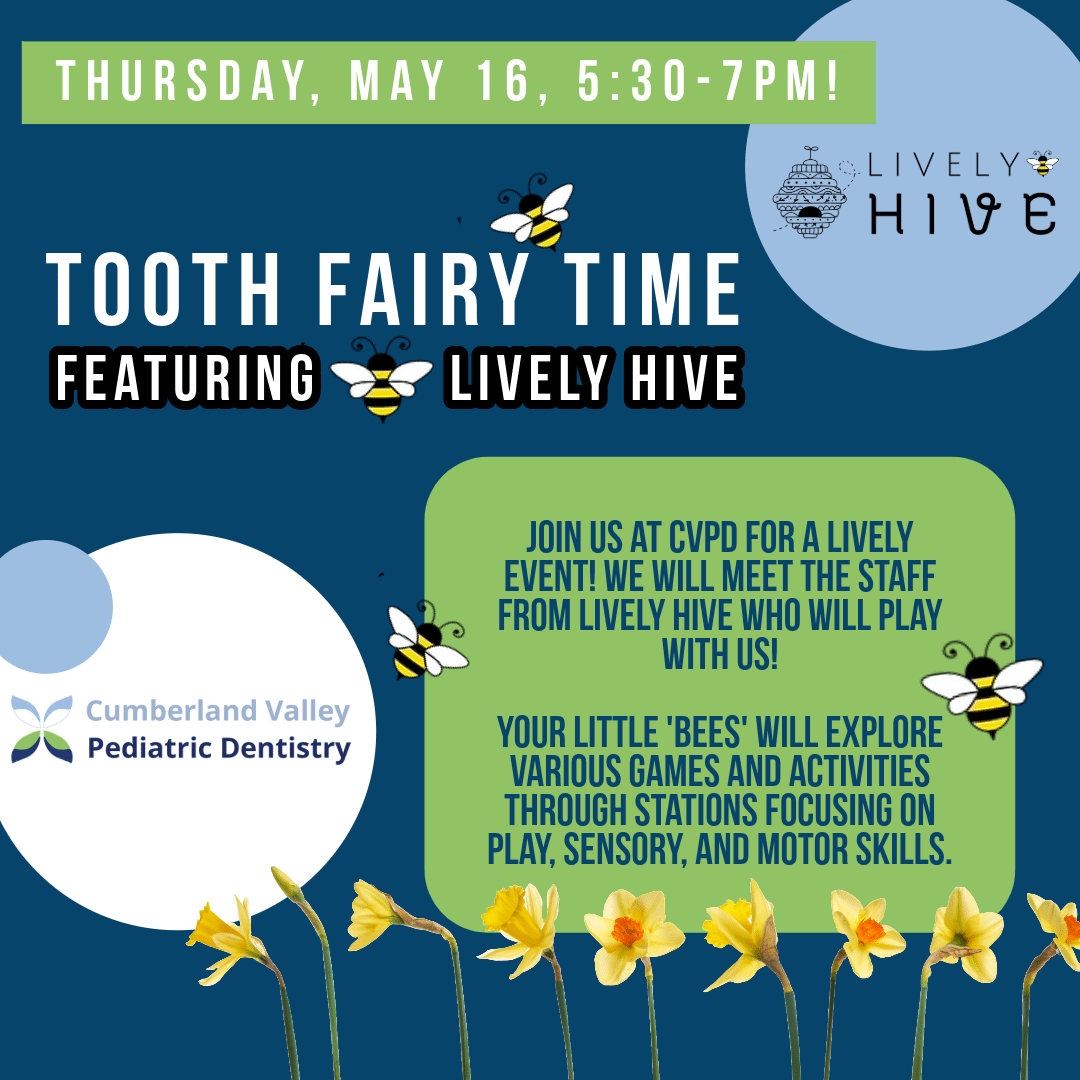The earlier you instill good oral hygiene habits in your kids, the easier it will be for the children to take over their own proper oral care once they’re old enough. Different ages and stages of development call for different types of toothbrushes, so make sure you are always using the right kind of toothbrush for your child’s mouth.
Cleaning Your Child’s Teeth
If your child is too young to learn proper brushing habits you should clean their teeth for them. After your child’s teeth start coming in you can start using a small pea-sized amount of toothpaste. You want to only use a small amount because of the fluoride content in toothpaste. Fluoride is essential to growth but too much of it can negatively affect a child’s teeth.
What Kind of Toothbrush is Right For Your Child?
- Small head: make it easy to access all the nooks and crannies inside a little mouth
- Larger handle: allows for a better grip
- A soft, textured grip: allows for good control
- Soft bristles: won’t irritate gums and are durable enough to hold their shape for many brushings
Allowing children to choose which toothbrush they want is another great way to get kids more enthusiastic about brushing. Pediatric toothbrushes are intentionally designed to have thicker handles for easier grasping, smaller heads for more comfortable access, and they have bright colors and recognizable characters.
Again, giving kids options offers them a sense of ownership and will help them feel more enthusiastic and excited about brushing.
When Can a Child Start Using an Electric Toothbrush?
If you’re considering brushing your child’s teeth with an electric toothbrush, wait until your child is at least three years old. Do not use an electric toothbrush with children younger than three years old. Before that, a manual toothbrush like the should be used.
Benefits:
- Ease of Use: An electric toothbrush does most of the work for you. Whether it’s the movement of the brush head or a built-in timer for correct brushing time, an electric toothbrush makes brushing easier.
- Plaque Removal: Electric toothbrushes tend to remove more plaque than a manual toothbrush. They can also make it easier to reach tricky spots like the back teeth. By removing more plaque from your child’s teeth, you’re reducing the risk of tooth decay.
Making Brushing Fun
Kids love games and, depending on their age, they are often excited about doing activities where they can bond with others. Unfortunately, children typically associate toothbrushing with bedtime. And we all know how most kids feel about bedtime. So try brushing before they get in the bath or change into their pj’s to try to avoid the negative association of toothbrushing and bedtime. You can also try turning on their favorite song for them to dance to while brushing!
If you enjoy doing something, you’ll want to do it more. That’s why we have given you a couple ways to try and make brushing teeth fun for your child.
- Make it a Game: There are many different games you can make up or find online that can help persuade your child to want to brush since they get to play at the same time.
- Give Them A Sense of Independence: Let them choose their own toothbrush, toothpaste, etc.
- Sweeten up the Experience With Some Flavor: (mint can be a little too boring for some kids.)
- Family Event: Make brushing something you do as a family and it could become a fond activity your child loves to do with you.
- Brushing Concert: Let your little one listen to some tunes while they brush so they can dance around a bit while they get their teeth nice and clean.
- Reward Them: If you have to, make a reward system for your child so they have something to look forward to each time they successfully brush their teeth.
At Cumberland Valley Pediatric Dentistry, we are here to be your dental health partner. If you have questions about brushing, our dentists and hygienists are always happy to answer questions and offer recommendations for you to get the best out of your brushing! Call our office at 717-253-9839.


